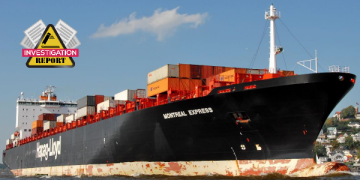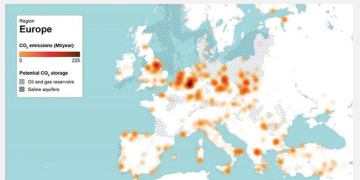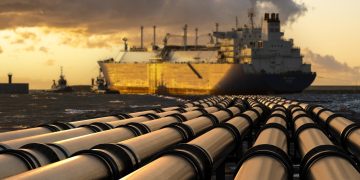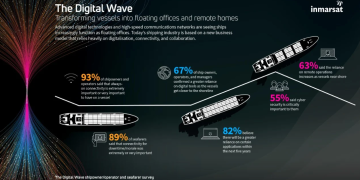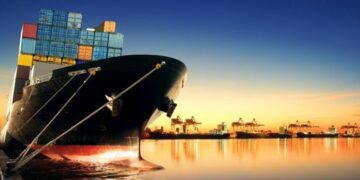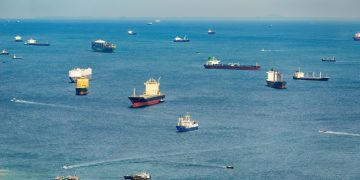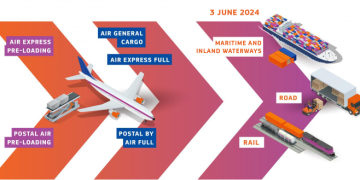Baltic index stays negative; pick up likely in New Year
Down 0.37 percent to 1,878 points The Baltic Exchange's main sea freight index, which tracks rates to ship dry commodities, stayed negative for a sixth day on Tuesday as a recent upsurge in capesize rates began to fade ahead of the holiday season.The index, which gauges the cost of shipping commodities such as iron ore, cement, grain, coal and fertiliser, dipped 7 points or 0.37 percent to 1,878 points."It will trend a little bit lower until the New Year, when we should see a jump in activity as people return from holidays," said Nigel Prentis, head of research, consulting and advisory with HSBC Shipping Services Ltd."We should see a lift in rates in early New Year," he said.However, rates may be affected as vessels of all sizes are expected to be delivered from shipyards next year, adding to the glut in the industry. The Baltic's capesize index fell 0.17 percent on Tuesday, with average daily earnings falling to $31,369. Capesizes typically transport 150,000 tonne cargoes such as iron ore and coal.Capesize rates had climbed in the last few weeks and touched a year high last week as coal and iron ore exports to China from Australia and Brazil have risen."There ...
Read more





